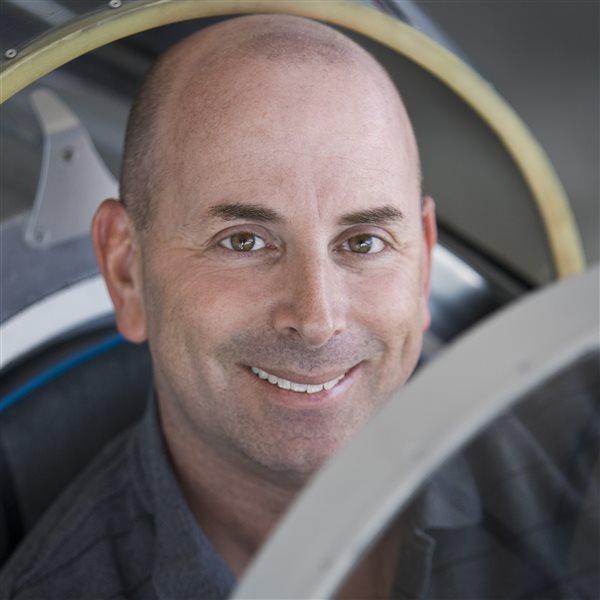Lycoming in pursuit of unleaded options
CEO: unleaded fuel will benefit industry and aircraft owners

Technical solutions already exist for general aviation to successfully make the switch to unleaded fuel, and Lycoming CEO Michael Kraft said the long-debated move will ultimately benefit the aviation industry as well as aircraft owners and pilots.
“We are prepared and would like to see unleaded fuels come to market,” Kraft said during a wide-ranging media briefing at AirVenture on Wednesday. “The snowball is rolling. This is going to happen, and it’s going to be good for the industry and good for the consumer.”
Lycoming has long been active in military drone programs, and a fully electronic-controlled version of the company’s piston IE2 six-cylinder engine is currently flying on Northrop-Grumman’s “Firebird” unmanned aircraft. Lycoming’s research and operational experience with Firebird and similar government programs could help with new products with general aviation applications.
The Firefox engine runs on unleaded fuel, has an anti-detonation system, automated throttle, prop, mixture, and cowl flap controls, and can optimize itself for maximum performance or extremely long duration flights. Kraft said some of those technologies can’t be FAA certified for GA, but others can.
“You are going to see spinoffs from that effort,” he said.
The transition to unleaded fuel is likely to be aided by an FAA rewrite of Part 23 certification standards for GA manufacturers that has strong support in Congress, and Kraft said he’s confident that multiple technical solutions exist that will enable current air-cooled piston engines to operate safely on unleaded aviation fuel.
“This isn’t a technology issue,” he said. “There are multiple technical solutions.”
Distribution of an unleaded aviation fuel has its own inherent challenges, but Kraft said those logistical barriers can be solved for the $3 billion-plus annual avgas market.
Other engine manufacturers are investing in diesel technology, and Lycoming has conducted at least five diesel research and development programs in the last 30 years. Lycoming also is providing contract field support for diesel manufacturer SMA. But Kraft said diesel is unlikely to displace gasoline engines on a large scale.
“Diesel engines are going to be more expensive and use less fuel,” he said. “Consumers will have options.”



